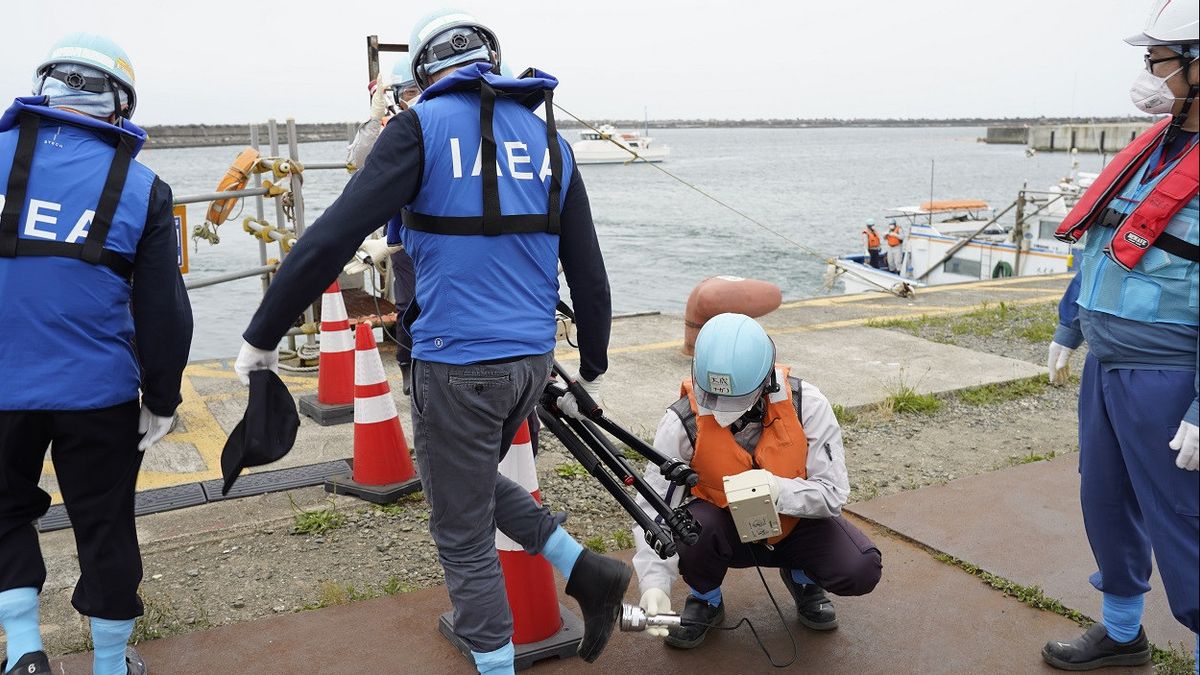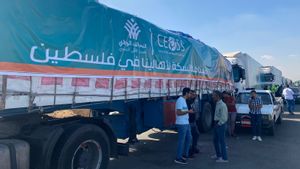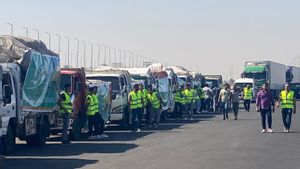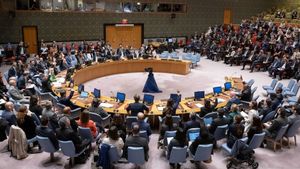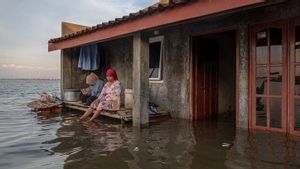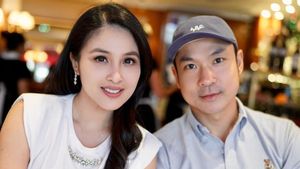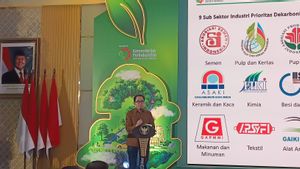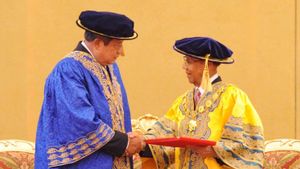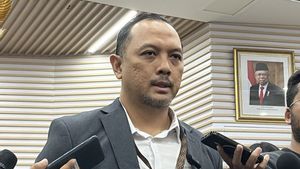JAKARTA - An international team of scientists on Thursday collected fish samples from the port city near the Fukushima Nuclear Power Plant (PLTN), to assess the damping of the release of radiocative wastewater that has been processed into the sea.
The study conducted by the UN nuclear watchdog agency was the first since the release of water began in August, a move that drew criticism from local fishermen and prompted China to ban all imports of marine products from Japan in line with concerns over food safety.
Scientists from China, South Korea, and Canada observed a collection of fish samples sent directly from the ship at the port of Hisanohama, about 50 kilometers south of the PLTN that were destroyed by the 2011 earthquake and tsunami.
The samples will be sent to laboratories in each country for independent testing, the International Atomic Energy Agency (IAEA) said.
"The Japanese government has asked us to do this and one of the reasons they want us to do this is to try and strengthen trust in Japan's resulting data," said Paul McGinnity, the IAEA research scientist who oversees the test.
It is known that more than one million metric tons of water were contaminated due to contact with fuel rods at the reactor after the 2011 disaster, which will be released into the sea.
SEE ALSO:
Before being released, water is filtered to remove isotopes, leaving only tritium, a radioactive isotope of hydrogen that is difficult to separate, said factory operator Tepco. Water is also diluted until tritium levels are below the regulatory limit.
Tritium is considered relatively harmless because its radiation is not energetic enough to penetrate human skin. However, if swallowed in levels higher than the water levels issued, it could increase the risk of cancer, according to Scientific American articles in 2014.
The English, Chinese, Japanese, Arabic, and French versions are automatically generated by the AI. So there may still be inaccuracies in translating, please always see Indonesian as our main language. (system supported by DigitalSiber.id)
